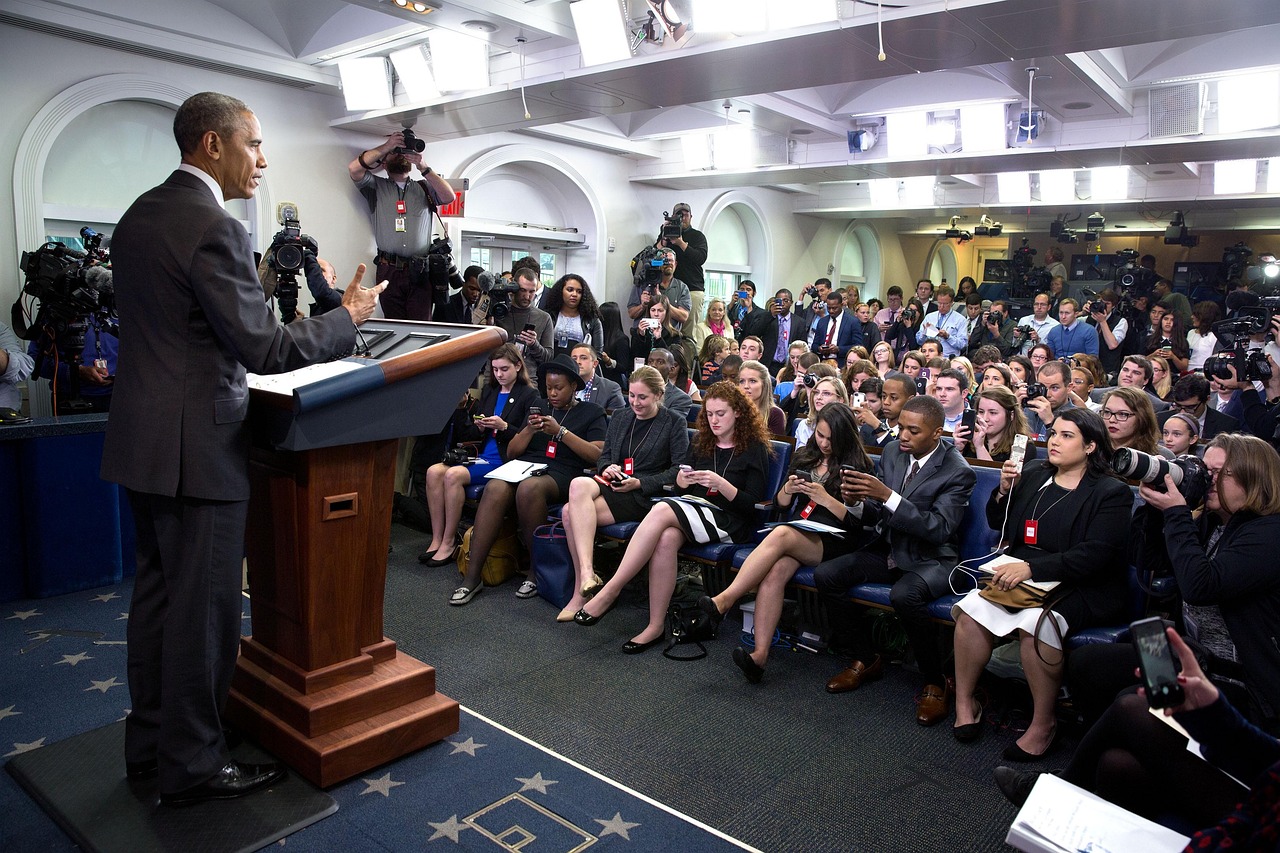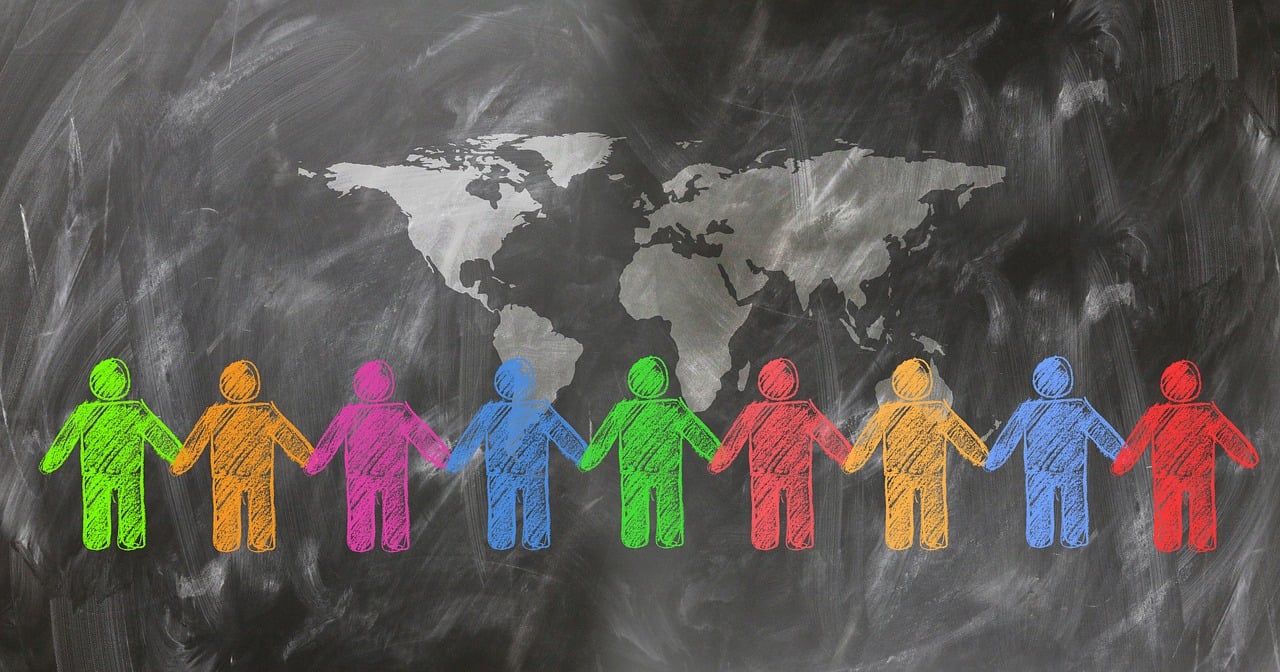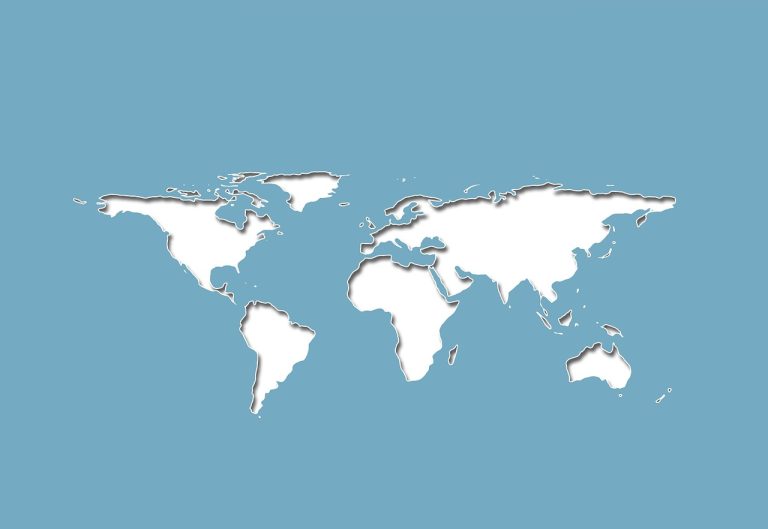
The Impact of Climate Change Policies on Philippine Politics: An Emerging Priority
The Philippines, an archipelago with over 7,000 islands, is on the front lines of the global battle against climate change. As a nation prone to typhoons, rising sea levels, and other climate-related hazards, the impact of climate change policies on Philippine politics is increasingly significant. This article delves into how climate change is reshaping political priorities in the Philippines and the ways in which policymakers are responding to this critical issue.
Understanding the Urgency of Climate Change in the Philippines
Climate change is not a distant threat for the Philippines; it is a present reality. With a geographical location that places it in the Pacific Ring of Fire, the country is highly susceptible to natural disasters such as typhoons, earthquakes, and volcanic eruptions. The increasing frequency and intensity of these events have underscored the urgent need for effective climate change policies.
According to a World Bank report, the Philippines is among the countries most affected by extreme weather, with significant losses in agriculture, housing, and infrastructure. This vulnerability has highlighted the urgency for the government to implement robust climate policies and has made it a political priority.
The Political Landscape and Climate Change
Historically, Philippine politics has been characterized by traditional issues such as poverty alleviation, economic development, and social justice. However, the growing impact of climate change has started to shift these priorities. Political parties and leaders are increasingly being evaluated based on their stance and actions regarding environmental issues.

The Climate Change Act of 2009 and the creation of the Climate Change Commission are pivotal steps taken by the government. These initiatives demonstrate a legislative commitment to addressing the climate crisis. However, implementation remains a challenge, often hindered by political fragmentation and competing interests.
Key Challenges and Opportunities
One of the main challenges in implementing effective climate change policies in the Philippines is the lack of coordination among various government agencies. The fragmented nature of the political system often leads to overlaps and inefficiencies. Additionally, the short-term focus of political leaders, driven by electoral cycles, can impede long-term policy planning.
Despite these challenges, there are significant opportunities. The Philippines has abundant renewable energy resources, such as solar, wind, and geothermal power. Harnessing these resources can not only address environmental issues but also create economic opportunities and reduce poverty. The government’s commitment to increasing the share of renewable energy in the national energy mix is a step in the right direction.
Local Governance and Community Involvement
Local government units (LGUs) play a crucial role in the implementation of climate policies. They are at the forefront of disaster risk reduction and are responsible for creating and enforcing local ordinances that address environmental issues. However, the effectiveness of these measures often depends on the political will and capacity of local leaders.
Community involvement is also vital. Grassroots movements and non-governmental organizations have been instrumental in advocating for climate action. These groups often work to raise awareness, educate the public, and hold leaders accountable. The participation of civil society in policymaking processes is essential for ensuring that climate policies are inclusive and effective.

International Cooperation and Aid
The Philippines has been actively participating in international climate negotiations and is a signatory to several agreements, such as the Paris Agreement. International cooperation is crucial for the country, as it provides access to financial resources, technology, and expertise needed to implement climate policies.
Various international organizations and countries have pledged assistance to help the Philippines cope with climate change. For instance, the Asian Development Bank and other institutions have provided funding for climate adaptation and mitigation projects. These partnerships are invaluable for strengthening the country’s resilience to climate change.
The Role of the Private Sector
The private sector in the Philippines is increasingly recognizing the importance of sustainability and climate resilience. Businesses are starting to adopt greener practices, and there is a growing investment in renewable energy projects. The shift towards sustainable business models not only benefits the environment but also enhances corporate reputation and competitiveness.
Public-private partnerships are emerging as effective mechanisms for addressing climate change. By collaborating with the government and civil society, businesses can contribute to the development and implementation of comprehensive climate policies.
The Future of Climate Politics in the Philippines

The impact of climate change on Philippine politics is likely to grow in the coming years. As the effects of climate change become more pronounced, there will be greater pressure on political leaders to prioritize environmental issues. This shift could lead to significant changes in the political landscape, with increased support for leaders and parties advocating for strong climate action.
In conclusion, the urgency of climate change is reshaping political priorities in the Philippines. While significant challenges remain, there are also opportunities for positive change. By harnessing renewable energy, strengthening local governance, fostering international cooperation, and engaging the private sector, the country can build a sustainable and resilient future.
As the Philippines continues to navigate the complexities of climate politics, it serves as a reminder of the critical importance of environmental stewardship in the face of global challenges. For more information on the intersection of climate change and politics, the United Nations Climate Change website offers valuable insights and resources.
Education and Awareness as Catalysts for Change
Education plays a pivotal role in shaping the future of climate politics in the Philippines. By integrating climate change education into the national curriculum, the government can empower the younger generation with the knowledge and skills needed to tackle environmental challenges. Educational institutions, from primary schools to universities, have a responsibility to foster environmental awareness and promote sustainable practices.
Moreover, awareness campaigns can be powerful tools for change. By leveraging media, social platforms, and community events, both the government and non-governmental organizations can reach a broader audience. Initiatives such as tree planting, cleanup drives, and workshops provide practical ways for citizens to engage with climate issues and drive grassroots change.

Technological Innovations and Climate Adaptation
Technological advancements offer promising solutions for climate adaptation and mitigation. In agriculture, for example, innovations such as drought-resistant crops and advanced irrigation systems can help farmers cope with changing weather patterns. The use of technology in early warning systems can also enhance disaster preparedness and response, reducing the impact of natural calamities.
The government, in collaboration with the private sector and academic institutions, can foster an environment conducive to innovation. By supporting research and development in sustainable technologies, the Philippines can position itself as a leader in the region, driving both economic growth and environmental protection.
Policy Recommendations for a Sustainable Future
To effectively address the impact of climate change on Philippine politics, several policy recommendations can be made:
- Strengthen Institutional Frameworks: Streamlining the coordination between national and local governments can enhance the implementation of climate policies. Establishing clear roles and responsibilities will minimize overlaps and improve efficiency.
- Enhance Financial Mechanisms: Developing innovative financial instruments, such as green bonds and climate funds, can attract investment in sustainability projects. Providing incentives for businesses to adopt green practices can also stimulate economic growth.
- Promote Inclusive Policymaking: Ensuring that marginalized and vulnerable communities have a voice in climate policy discussions is crucial. Inclusive decision-making processes lead to more equitable and effective outcomes.
- Integrate Climate Change into National Development Plans: Aligning climate policies with broader economic and social goals can maximize synergies and minimize trade-offs. This holistic approach can drive sustainable development across multiple sectors.

The Role of International Advocacy
Advocacy at the international level is vital for ensuring that the needs and challenges of the Philippines are recognized and addressed. By actively participating in global forums and negotiations, the country can influence international climate policies and secure the support needed for local initiatives.
Organizations like the Greenpeace International and the World Wildlife Fund provide platforms for advocacy and collaboration, allowing countries like the Philippines to amplify their voices on the global stage. These partnerships are instrumental in driving collective action against climate change.
Conclusion: A Call to Action
The impact of climate change policies on Philippine politics is undeniable. As the country continues to face the realities of environmental challenges, it is imperative that political leaders, businesses, and citizens work collaboratively to forge a path towards sustainability. By prioritizing climate action, the Philippines can not only safeguard its natural resources but also ensure a prosperous and resilient future for its people.
The journey to combating climate change is complex and requires commitment from all levels of society. With strategic policies, innovative solutions, and a united front, the Philippines can emerge as a beacon of hope and leadership in the fight against climate change. The time to act is now, and the world is watching.



